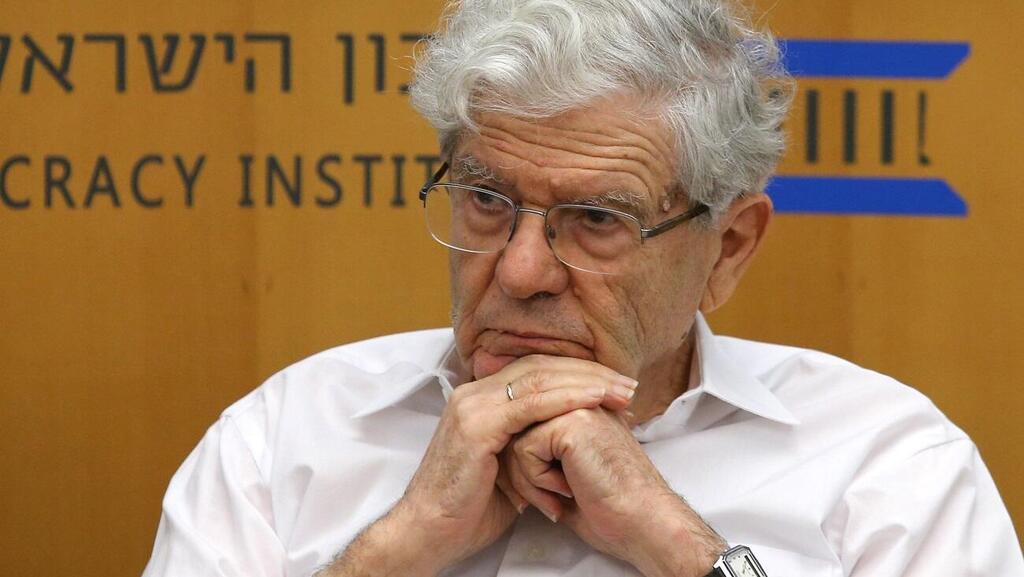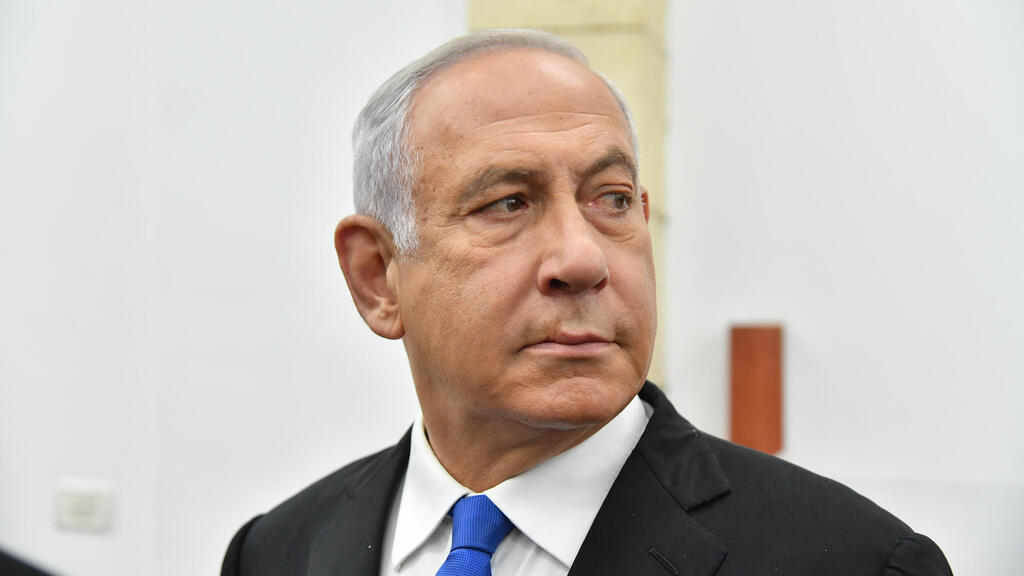Opinion: After Netanyahu’s indictment and claims of being targeted by law enforcement, right-wing politicians stepped up demands to curb the power of the courts; Ynet senior commentators present their views of Israel’s judicial overhaul in an exclusive project
Israel is in the throes of one of the most serious internal disputes in its history.
In this dispute, no one has a monopoly on the truth or on justice, but both sides have positioned themselves firmly in their corners and are not coming out.

Since the inception of the State of Israel, the country has boasted a glorious judicial system with a Supreme Court that knew how to protect basic rights. In 1950, two years after the foundation of the state, a teacher, Eldad Scheib was dismissed because the Ministry of Education didn’t like his opinions. The teacher appealed to the Supreme Court which decided he should be reinstated to work.
When the state closed the communist “Kol Ha’Am” newspaper that published provocative articles at the instruction of the USSR, the Supreme Court ruled that it constituted an infringement on the freedom of expression, and the paper carried on publishing.
There are dozens more examples. There was no need for a constitution and no need for Basic Laws to maintain basic rights. The change came in the 1990s when the Knesset passed two new Basic Laws: Human Dignity and Liberty and Freedom of Occupation. Aharon Barak, who was eventually appointed Chief Justice, himself determined that this was a “constitutional revolution.”

The judicial activism only increased. Not just judicial criticism of laws, but primarily recurring and repeated interferences with government decisions, citing “Reasonability” and “proportionality.” In a process that continued for years, Israel’s Supreme Court became the world’s strongest judicial tribunal. Under Barak’s leadership, all too frequently, the judges ruled in accordance with their own values, which seems right to them, in direct contravention of the law.
The activism led by Barak evoked vehement criticism, from top legal experts including Prof. Menny Mautner, Prof. Ruth Ginsburg, Prof. Yoav Dotan and Prof. Daniel Friedman who also briefly served as Justice Minister.
The criticism fell on deaf ears. Supreme Court judges interfered with decisions pertaining to security and immigration. At times it seemed like there was no need for a government at all as the Supreme Court had taken its place. All suggestions for reform proposed over the past decades were met with the same response: “It’s an infringement on democracy and the Rule of Law.”
The dissatisfaction with the judicial system took a new turn with the opening of criminal investigations into alleged corruption by Benjamin Netanyahu who was serving as prime minister at the time. The allegations were that law enforcement: the police and the State Attorney’s Office were politically motivated.
These were not completely lacking validity. Although there was no initiative to unseat Netanyahu, as his trial for bribery, fraud, and breach of trust was conducted in the Jerusalem District Court, more and more incidents have come to light that raised suspicion regarding some political motives. Netanyahu’s claims that he was being hunted down – some exaggerated and some true, increased demands from the right, to restrain the judicial system.

Following the results of the November 2022 elections and the formation of the new right-wing, religious coalition, the new justice minister, Yariv Levine presented his proposal for judicial reforms, including controversial clauses.
Firstly, limiting the powers of the Supreme Court, with the option of overriding its rulings by a majority of 61 Knesset votes. Secondly, changing the makeup of the Judicial Selection Committee so that it would be completely controlled by the coalition. Thirdly, canceling the Reasonability Clause that has led to increased court interference with government decisions.
Most political players, as well as public opinion, support judicial reform, but not as it was presented by Levine. The concerns are the infringement on democracy and a slippery slope leading to the kind of steps taken over the last decade in Poland and Hungary. Another concern is that the only purpose behind the proposed reforms, in their next stage, was to rescue Netanyahu from his criminal trial which is in full swing.
That concern is what has prompted the mass demonstrations and the public outcry, as well as the early signs of damage to Israel’s economy as the result of fears for Israel’s democratic status.

There’s also international pressure: American Secretary of State, Anthony Blinken as well as French President Emanual Macron warned of the damage to democracy.
Netanyahu, on his part, promised that there would be changes made to Levine’s proposed plan and that there will be no damage to Israel’s democracy. But we are still in a fog. It is unclear what changes Netanyahu was referring to and much of the public does not believe his promises.
Until now, Israel’s democracy has been stronger than politics. But for that to remain the case, the protests must continue. In the meantime, the debate itself is part of the democratic process but it is heating up. The coming weeks will prove critical. To be continued.
As reported by Ynetnews
